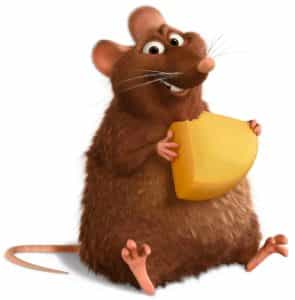Is That Diet Working Out Alright? Your Jeans Wait,Genes Have An Opinion
Ugh! Why can’t pizza and ice cream be low-calorie?!
You know the drill when it comes to losing weight: take in fewer calories, burn more calories. But you also know that most diets and quick weight-loss plans don’t work as promised.
Okay let’s find you a plausible reason and a solution if possible to your misery. Grab a carrot, pretend it’s a mozzarella stick, and read on..
New research conducted at Texas A&M University suggests that diets may not be one size fits all, but rather could depend on each person’s genes.
“Dietary advice, whether it comes from the United States government or some other organization, tends to be based on the theory that there is going to be one diet that will help everyone,” said David Threadgill, PhD, with the Texas A&M College of Medicine and College of Veterinary Medicine & Biomedical Sciences, senior author of the study. “In the face of the obesity epidemic, it seems like guidelines haven’t been effective.”
“In humans, you see such a wide response to diets,” said the study’s lead author William Barrington, from the Texas A&M College of Medicine, in a statement. “We wanted to find out, in a controlled way, what was the effect of the genetics.
”Barrington and his colleagues demonstrated that by taking four groups of mice, each with different genetic strains — dissimilar enough to resemble the differences between groups of unrelated people.

A fifth control group of mice continued to eat standard mouse-chow.
But overall, the paper said: “While each strain had a diet or diets that improved health relative to the American diet, no single diet improved health across all genetic backgrounds.”
On the Japanese diet, one of the four genetic types showed signs of liver damage. Mr Barrington said: “The fourth strain [of mouse], which performed just fine on all of the other diets, did terrible on this diet, with increased fat in the liver and markings of liver damage.”
The high-fat Maasai diet had different negative effects on two of the mouse groups. “One became very obese, with fatty livers and high cholesterol,” according to Mr Barrington, while another group became lethargic, with a higher level of bodily fat despite remaining lean.
Animals in the American-style diet group, predictably, increased fat levels in all genetic strains, but in some this led to severe obesity and signs of “metabolic syndrome” where blood pressure, sugar, cholesterol, others just had fattier livers. The paper said: “We showed that the American diet caused negative health effects across strains relative to the control diet. However, as in humans, severity of the effects varied across genetic backgrounds.”
“My goal going into this study was to find the optimal diet,” Barrington says. “But really what we’re finding is that it depends very much on the genetics of the individual and there isn’t one diet that is best for everyone.”
The research team’s future work will focus on determining which genes are involved in the response to the diets. “One day, we’d love to develop a genetic test that could tell each person the best diet for their own genetic makeup,” Barrington said. “There might be a geographical difference based on what your ancestors ate, but we just don’t know enough to say for sure yet.”































